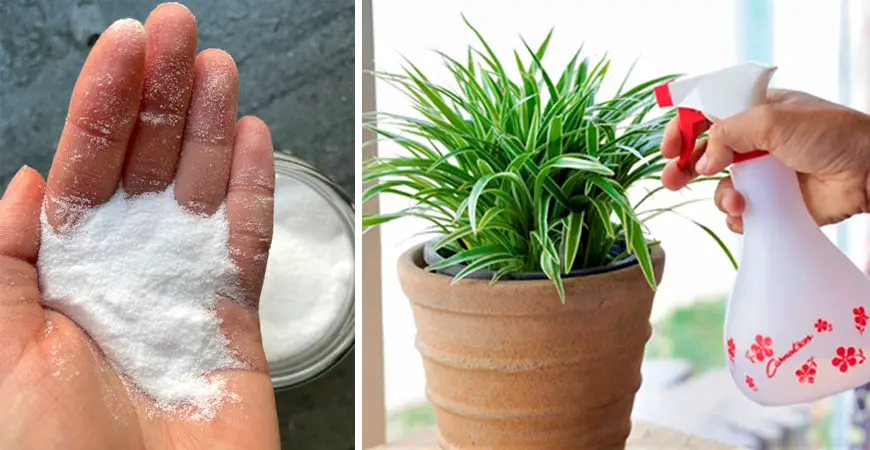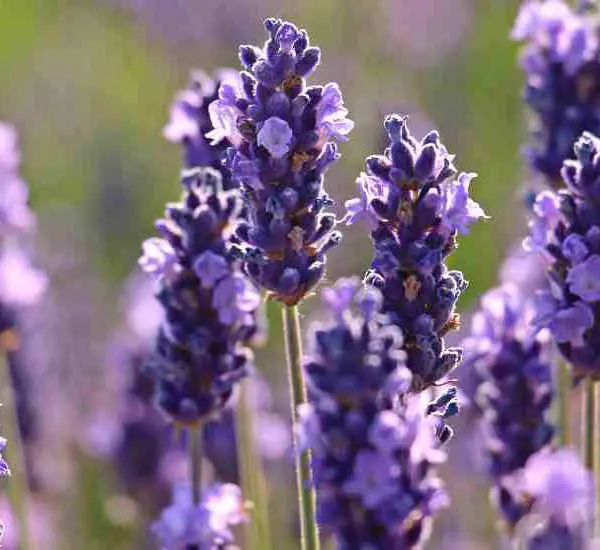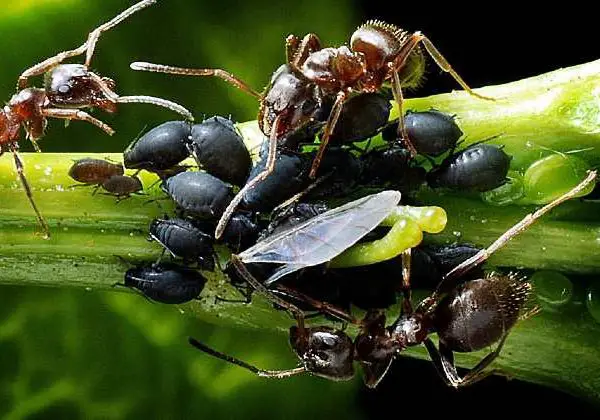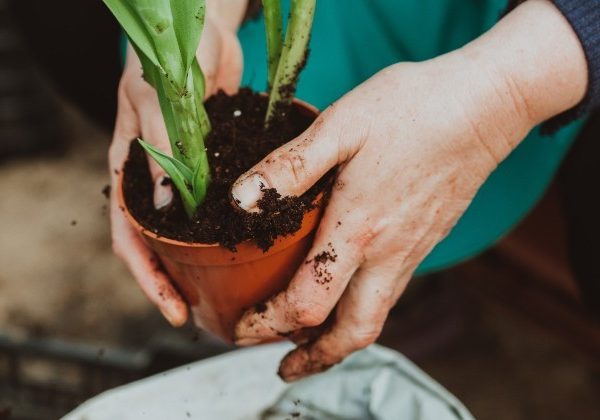Baking soda isn’t just a kitchen staple anymore—it’s gaining popularity for its magical benefits in various applications, including plant care.
This natural substance, known for its white crystalline appearance and alkaline pH, is not only affordable but also biodegradable, making it an eco-friendly choice for plant enthusiasts everywhere.
Let’s explore seven uses of baking soda in plant care, whether they’re in pots or in your garden beds.
1. Fungicide
Baking soda acts as a natural fungicide, especially effective when combined with other ingredients. Mix 4 teaspoons of baking soda with 3 liters of water and spray it on leaves affected by fungi or susceptible areas. This mixture helps reduce acidity and inhibits fungal growth. Apply in the late afternoon on dry days to ensure effectiveness.
2. Pest Control
For combating parasites, adjust the dosage by mixing a tablespoon of baking soda with a liter of water. Sprinkle or spray the solution onto the substrate surface. Repeat weekly to eliminate parasites and promote healthy plant growth.
3. Natural Pesticide
Say goodbye to insects and pests with a simple solution. Mix a tablespoon of baking soda with a liter of water and add another tablespoon of biodegradable soap. This combination effectively controls ants and insects, serving as a natural repellent. Spray it on both plants and soil for optimal results.
4. Plant Strengthening
Boost photosynthesis speed and enhance plant vigor by mixing baking soda with vinegar. This mixture increases leaf production, making your plants look robust and healthy. Before applying to the entire plant, conduct a patch test on a couple of leaves and wait 24 hours for any adverse reactions.
5. Weed Control
Combat invasive crabgrass by dampening the affected area and sprinkling baking soda over it. Be cautious not to affect other grass areas. Enjoy barefoot strolls on your lawn without worrying about pesky crabgrass.
6. Soil pH Modification
Create sweet and flavorful tomatoes by sprinkling a small amount of baking soda around the soil where your tomato plants grow. Lowering soil acidity enhances the taste of tomatoes. Avoid direct contact with the plant and focus on modifying soil acidity for optimal results.
7. Vegetable Cleaner
Ensure your store-bought vegetables are free from chemical residues by using baking soda as a natural cleaner. Fill a basin with water, add a tablespoon of baking soda, and soak the vegetables for a few minutes. Rub and rinse them thoroughly with clean water for extra hygiene in your kitchen.



